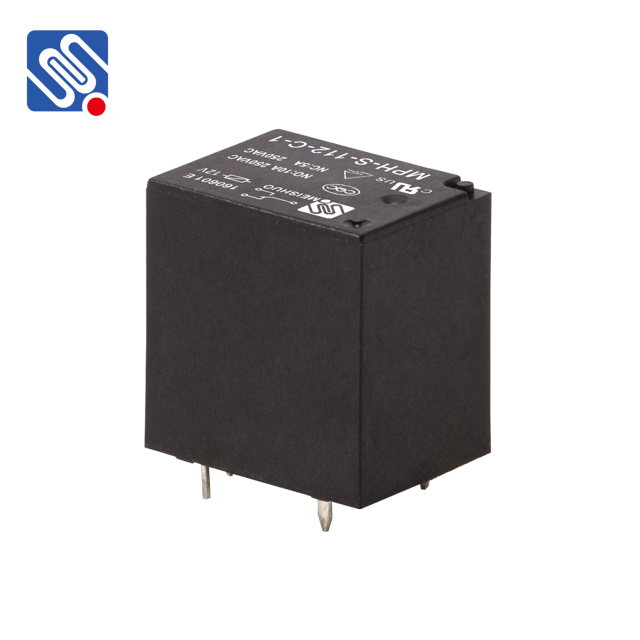Relay functional testing is an essential process used to verify the operational performance and reliability of relays in electrical circuits and systems. Relays, which are electromagnetic switches, play a crucial role in controlling various electrical devices by opening or closing contacts when a signal is received. Since relays are often part of critical systems, such as power grids, automotive circuits, and industrial automation systems, ensuring their proper function is vital for the safety and efficiency of these systems.

The Importance of Relay Functional Testing The primary purpose of relay functional testing is to ensure that relays perform according to their specified operational requirements. Testing these devices is essential because even slight malfunctions can lead to system failures, safety hazards, and costly downtime. By conducting thorough functional testing, engineers can identify potential issues such as faulty contact connections, slow reaction times, or inappropriate response under varying loads. Relay functional testing helps verify the following characteristics: Accuracy and Reliability: Relays need to react in precise time intervals and correctly switch between open and closed states. Functional testing confirms their ability to perform consistently under a variety of conditions.